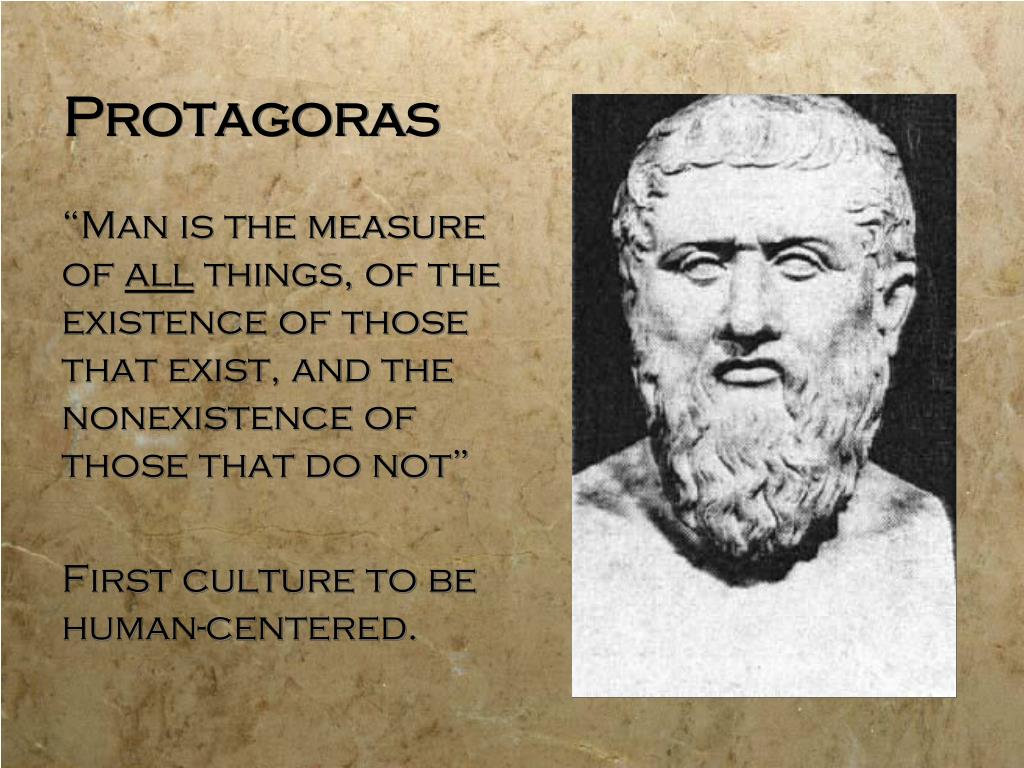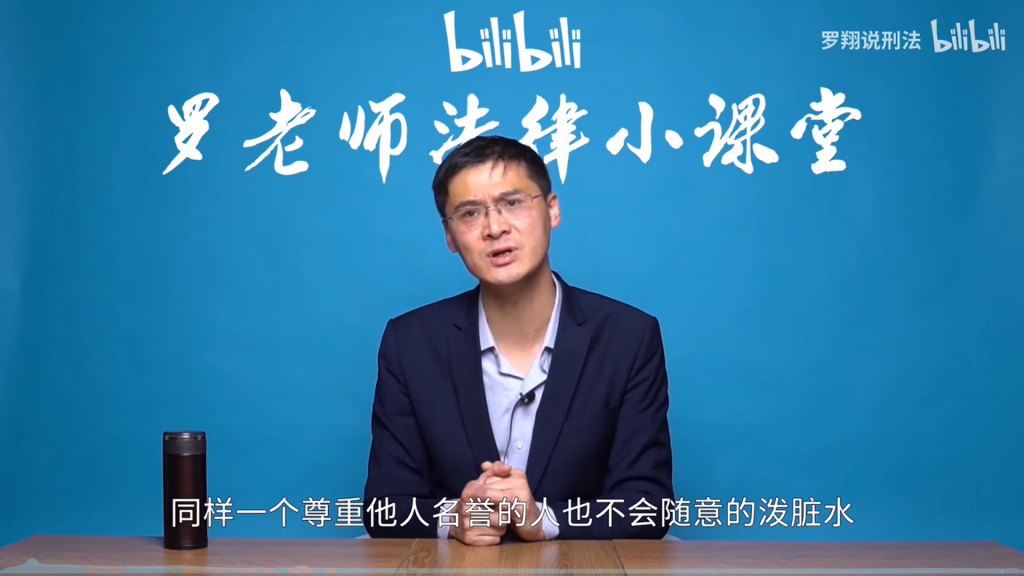What is virtue? In his dialogue Meno, Plato raised up a proposition “virtue is knowledge” in the name of Socrates. This premise, which has been produced 2,500 years ago, established the basic direction of answering the virtue question. “Virtue is knowledge”, only through knowledge can man attain the state of highest good. That is to say, knowledge is a sufficient condition to make a person of virtue.
Like his teacher, Socrates, Plato firmly believed that “virtue is knowledge”. He tried to define “goodness” and “virtue”, and sought to explain the relationship between them. In addition to expressing moral commendation, “goodness” also represents someone who has a high level of ability/achievement in one respect. A person who can do things well is goodness. Virtue, on the other hand, represents the highest good. Having virtue is to possess a remarkable essence. So we can say that no matter carpenters, fishermen, farmers, hunters and warriors, each has their own virtue.
What, then, is the knowledge that determines virtue? According to his dialogue The Charmides, there is only one type of knowledge that leads to correct behavior and happiness, that is, the knowledge of good and evil. It can tell apart right from wrong, and any skill or activity in daily life must be combined with it. Without the guidance of this knowledge, none of them can play its role to help us become a person with virtue. It is based on the direction and support to people that the genuine “goodness” emerges. It is also a virtue for this knowledge being correctly applied to individuals.
Can “virtue” be deal with entirely as an intellectual problem? Whether the question of goodness can simply be solved by knowledge has been criticized by academia all the time. Aristotle, for one, argued that what Socrates took “virtue as knowledge” is impossible because all kinds of knowledge involve rationality, and rationality itself only exists inside the cognitive part of the soul, while morals is more about emotion, will, habit and so on. In Socrates’s opinion, people are evil because they do not possess the knowledge of goodness. That is to say, anyone with rational knowledge is necessarily moral, moral knowledge leads to moral behavior. He partially exaggerated the impact of rational knowledge, attributing all human behavior to cognition, while ignored the irrational factors to the soul. In fact, virtue is not always alongside with knowledge. Although Socrates had realized this, he failed to give a reasonable explanation. In Plato’s eyes, only when a person can identify good or evil and recognize the true virtue can he choose the good side and practice it. As he discussed “justice” in The Republic, he virtually revised some important parts of the proposition “virtue is knowledge”. What, then, is his theory about? This brings us to the following “four classic virtues”.
Plato believed that every person’s soul has three elements: reason, enthusiasm and desire. Correspondingly, there are three types of virtue, wisdom, courage and temperance. When enthusiasm follows the dominance of reason, there is the virtue of courage; when desire follows the dominance of reason, there is the virtue of temperance; similarly, when knowledge follows the dominance of reason, there is the virtue of wisdom. If all three parts of the soul follows the dominance of reason, there will be the highest virtue of justice. And once a person has the virtue of justice, the other virtues are naturally belonged to him. Therefore, the order of the soul is manifested as justice, and only those who pursue it can attain true happiness.
The four classic virtues are well presented in the allegory of the cave. In his book The Republic, Plato depicted the story of a man who bravely stepped out of the cave, but then returned in order to save his deceived companion. Courage requires boldness and fortitude. Unlike recklessness, sometimes endurance is required, too. The person who walked out of the cave, also called “the enlightener”, needs bravery. First is to break loose of chains and inertia, second is be willing to endure the discomfort of transition process, and finally, admit and embrace the reality. Temperance is not only the restraint and control of one’s own desires, but also a sensible, sound and modest attitude. It is a kind of behavior based on self-knowledge. Plato thought “self-restraint is the foundation of all kinds of virtue.” He pointed out that an abstemious and moderate life is the happiest one, for it allows us to wait and delay gratification until we reach the higher and farther goal. When the person exited the cave, temperance plays an important role. Unlike any others, who were arrogant and satisfied for being in the cave, “the enlightener” respected the truth, knowing the difference between illusion and the reality. Of course, when he first came out of the cave, he didn’t know what the truth was. But how can a man, who was hubristic and arrogant, is willing to suffer the pain and find the light of life?
Wisdom might be the most important virtue of human being. The virtue of wisdom can lead to other virtues. First of all, it can bring good judgment, so that people make wise decisions; secondly, it can tell people how to put other virtues into practice — when to act and how to act; last but not least, it enables us to put things into perspective and understand what is really important in life. The sun represents the highest good. When the caveman really sees the sun and discerns the truth, he then obtains wisdom.
The paramount concern of justice lies in the interests of the entirety.In deciding whether or not to go back to the cave and save others, the enlightener fully embodied the power of justice. He could have saved himself, or laughed at the ignorance of others, but he chose to go back to his cave, to educate, to enlighten the uncivilized, which in itself was a great responsibility and a great pain. For it is very possible to encounter the misunderstanding of others, or even as an alien be killed. But he did it, passing on the truth to others and lit up their lives, which itself was the pinnacle of justice, and also the act of combining the virtues such as courage, wisdom, and others.
Plato is the first person to elaborate moral education systematically in the West. His moral education perspective has a profound influence in western educational thoughts. The basic principles can be roughly summarized as the following three points:
- Moral education begins with a child
Only under the dominance of the right moral knowledge can a person form the
right moral judgment. Moral belief will have the proper direction, and finally produce the moral practice in accordance with social requirements. Thereby, Plato emphasized that people should pay attention to moral knowledge education since childhood.
In his opinion, there is a light and a dark side in the soul. Ineffective education will take away goodness and incite evilness. Therefore, the primary task of moral education is to mold the mind and turn the soul through educational efforts. In terms of spiritual turning, Plato fully respects that man is an independent individual with subjective initiative. It does not create sight in the soul, but to affirm that the sight exists in the soul; however, thinking the soul cannot seize the direction correctly, so every effort was made to make it turn.
Any constructor of a country is grown up from a child. Without good education, there would be no good children, and thereby no good builders and successors.The future of a country depends entirely on the education of its children. “Shaping children is to shape the future,” Plato had been deeply aware of this.
2. Cultivate through positive examples
In his book The Republic, Plato emphasized that moral education should be
conducted with good examples, so that young people can gradually form moral beliefs that are noble and unswerving. He believed that education should lead the youth into the right way. Thus, the inspiring and exemplary role model as an example to youth becomes indispensable.
Music and art are the most important forms to eulogize the noble figure. In order to carry out “the best education”, we must search for some competent individual and masters, who, by their virtues and great talents, edify our children imperceptibly, and, from childhood, merged with beauty and reason. Their moral knowledge could not have come from scandalous myths and poetry because they contained “bad characters, bad rhythms, bad tones” and of course, “bad examples.” These can only make children form “bad” moral beliefs, not conducive to the development of the country. Plato believed that some “purification work” should be done in the city-states to prohibit the “illegal entertainment” which represented bad examples, that is, music, literary and artistic works that were incompatible with the Republic, either in creation or in circulation.
However, what Plato dedicatedly created is a moral environment detached from the real life. He took a subjectively passive position to avoid falsehood, evil and ugliness, which is unfavorableto the formation of moral knowledge, feelings and beliefs, especially moral judgment of the educated. On the contrary,moral and immoral are relatively existed, and the former always develops in the struggle against the latter. Using one’s optimistic wishful thinking to cover the objective moral phenomena makes no difference to “self-delusion.”
On the other hand, the power of example is infinite, and the moral effect of it is beyond reproach; nevertheless, if the falsehood, evil and ugliness in real life are artificially covered, while only the true, the good, and the beautiful figures left, it is often unable to withstand the examination of real-life practice. This should be reflected by all educators.
3. Shaping moral characters in practical application
Knowledge without practice is not real knowledge. Without the demonstration of moral practice, no matter how beautiful the theory is, it is worthless in the real society.
In Plato’s opinion, we must deepen the understanding and experience of educatees on noble qualities through persistent moral practice over the years, continuously strengthening their moral knowledge and judgment, reinforce their moral emotion, beliefs and will, and make all the required virtues for the builders of the Republic rooted in their hearts without being contaminated or destroyed by any external influence.
To do this, the knowledge and principles acquired by the young must be examined and made to work from an early age. It is essential to conduct an examination of anti-deception or temptation. Young people should be placed into the midst of poverty and hardship, into the environment of delicacy, in order to see if they can be a good guardian, keep their integrity and protect their self-cultivation. According to Plato, only those who have been “tested from childhood, youth, and adulthood” and have proved that their moral qualities are truly “unimpeachable” can be qualified builders and successors to assume the role of ruler.
Admittedly, there is a social existence in an era, and also a relative social thought and awareness. The viewpoint of moral education embodied in The Republicis the specific product of that era and the author’s position. We should reject the dross and learn from the essence, because our attitude towards the ancients shouldn’t be the assumption of perfection.
Bibliography:
- Virtue is knowledge
- Two types of virtue viewpoint in Plato’s ideal city-state
- Platonic view of moral education

